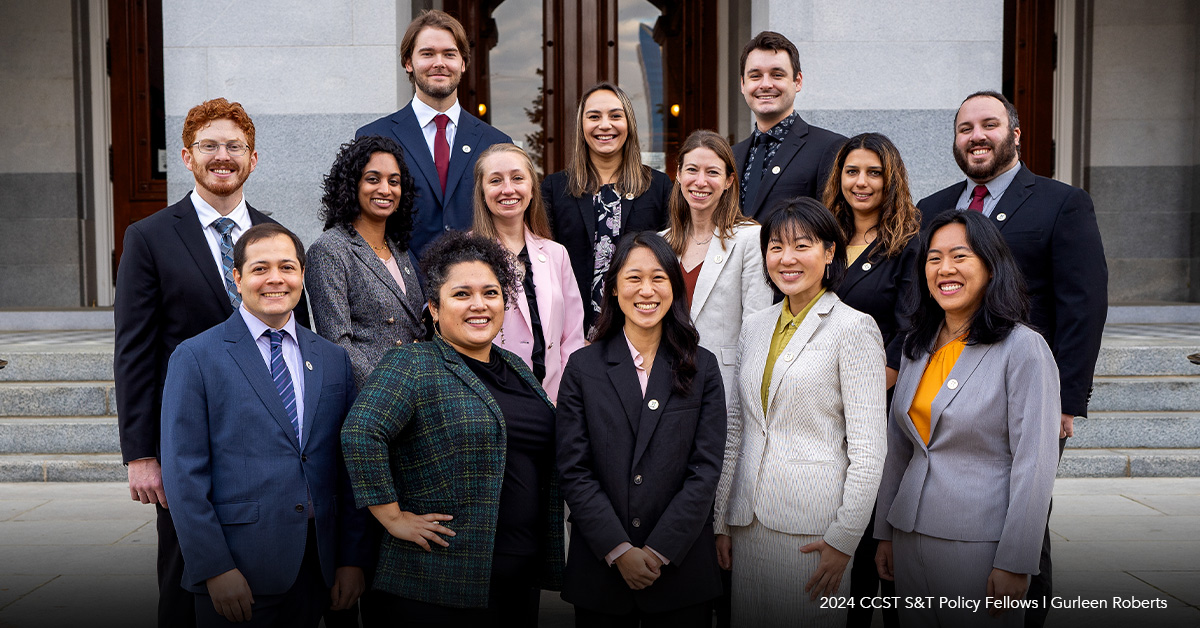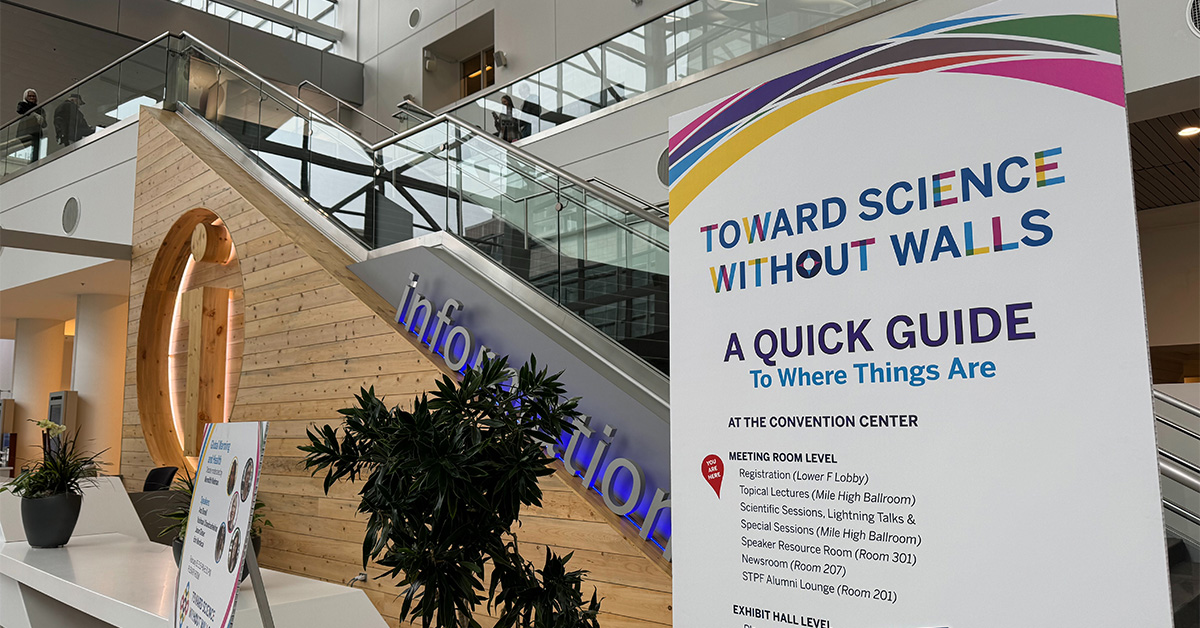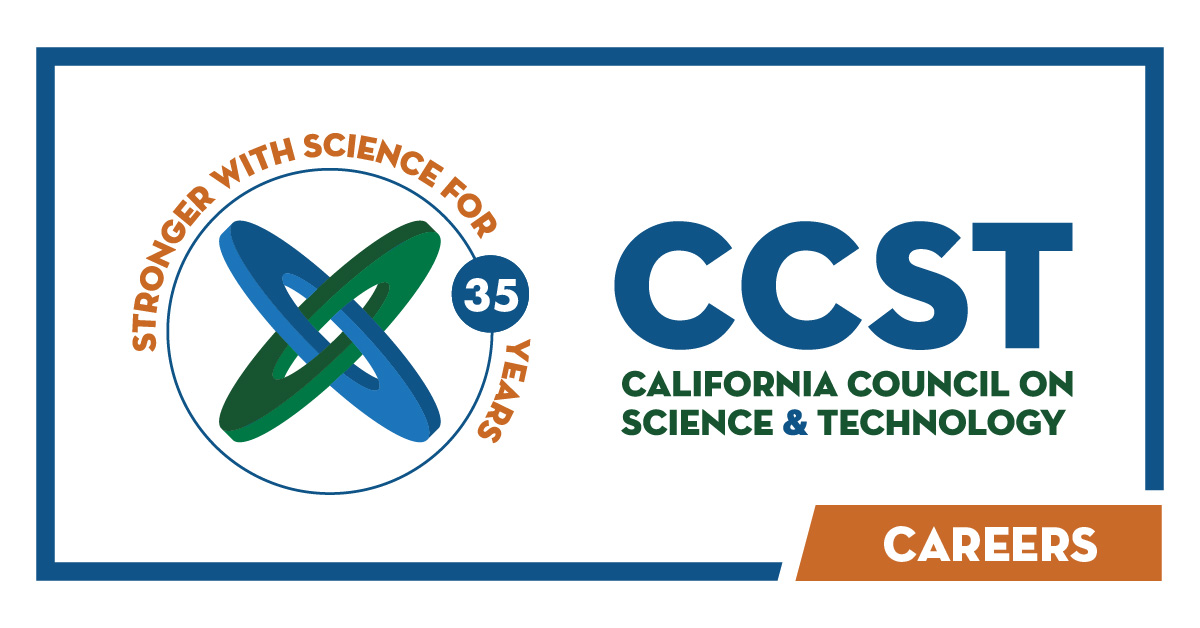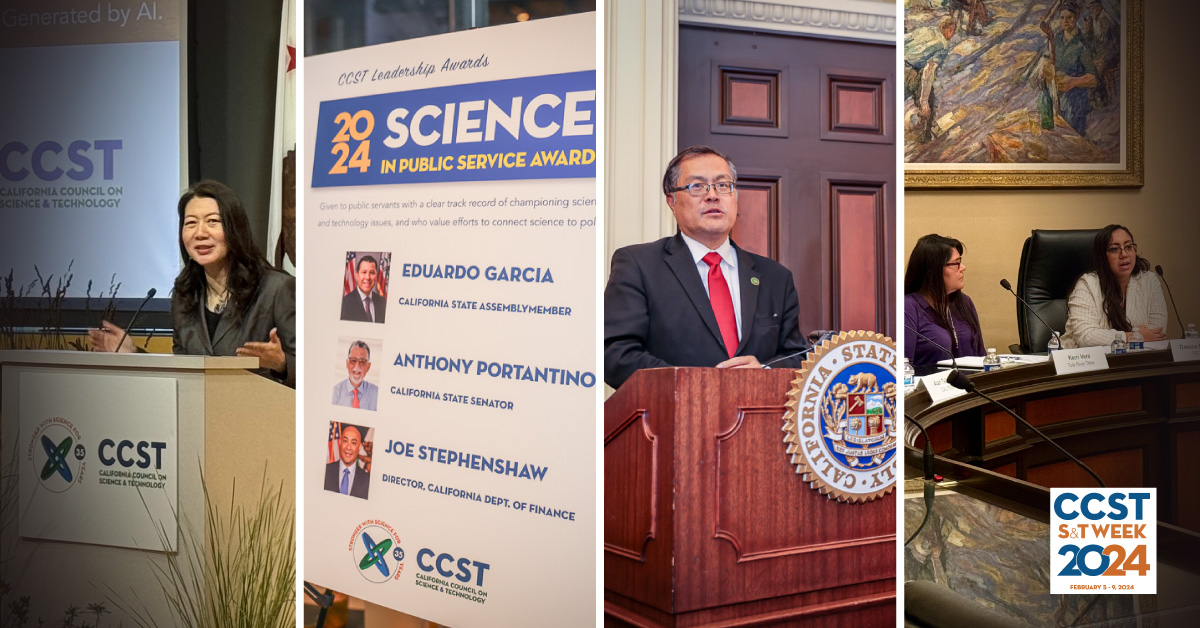Royal Society, CCST to Work Together on Fall Meeting
May 5, 2008 | CCST Newsroom | Contact: M. Daniel DeCillis
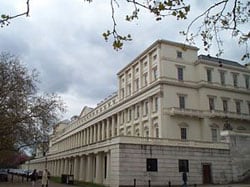
CCST and the Royal Society of the United Kingdom will collaborate on the Fall 2008 meeting, focusing on ways to provide appropriate input on science and technology policy in both California and the UK.
“We are delighted that CCST is continuing to build relationships with related organizations outside California, and honored to be able to work with the Royal Society to discuss serious issues of science and technology policy input,” said CCST Council Chair Charles Kennel.
The Royal Society was founded 350 years ago in order to “improve natural knowledge;” its activities include holding scientific meetings, publishing world-class refereed journals, inspiring the public through public lectures, and maintaining an unrivaled library and archive.
“The Royal Society has a long history of working to influence policy,” said Sir Martin Rees, Royal Society Professor at Cambridge University. “However, it is clear that nowadays, we can’t achieve this without getting involved in political debate, and that’s what we’re increasingly doing.”
The Royal Society focuses on five goals, which include investing in future scientific leaders; influencing policymaking; invigorating science and mathematics education; increasing access to the best science internationally; and inspiring excitement in the wonder of scientific discovery. The ways in which it accomplishes these goals have been evolving, however.
“Churchill used to say that science should be ‘on tap,’ meaning he should just be able to turn around to an expert, get a simple answer to a simple question, and then make a decision,” said Rees. “That might have worked fifty years ago, but the big challenges the world faces today are different. There has to be more public involvement in contentious issues like stem cell research and nuclear power. There also has to be a greater acknowledgment of uncertainty, something that science is good at but politics finds difficult to handle.”
There is a great deal of overlap in the principal issues that both CCST and the Royal Society have been focusing on, including climate change, energy and the environment; biosciences and health; new and emerging technologies; and innovation. In particular, the relationship between energy needs and production and water, which will be the focus of the May CCST Council meeting, have been a significant focus for the Royal Society as well.
“Meetings with other organizations from around the world, such as CCST, are an excellent chance to learn more about what others are doing,” said Rees. “California is especially interesting because its politicians have placed more emphasis than the Federal Government on things like climate change and tackling stem cell research. Sometimes by working together and multiplying our efforts, we can make a greater impact.”

